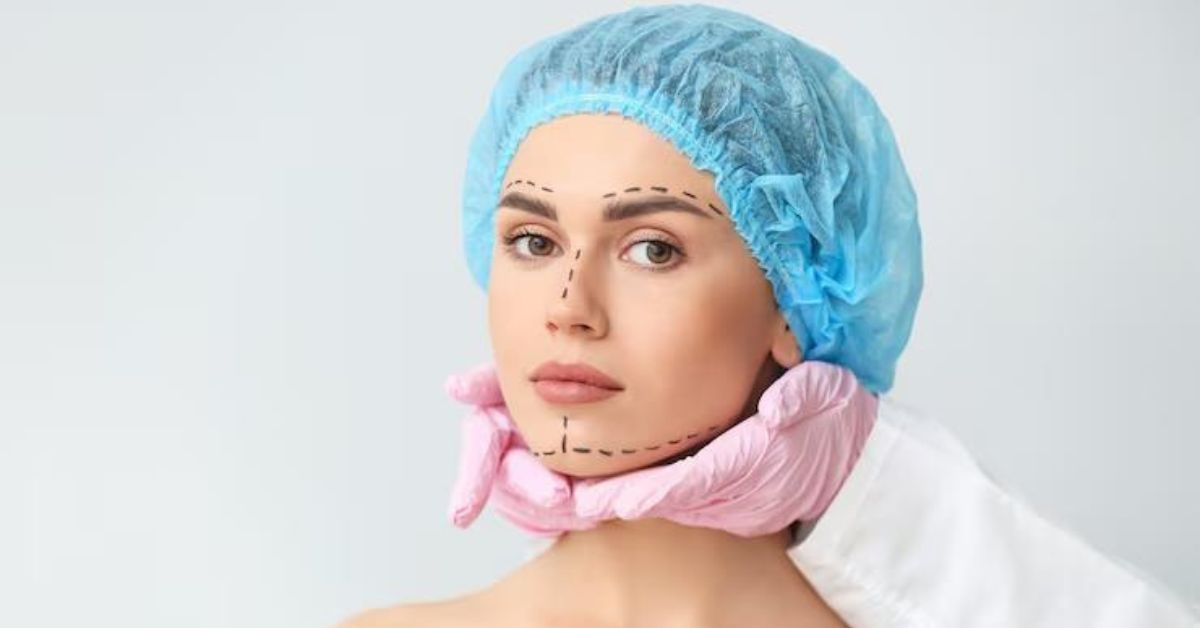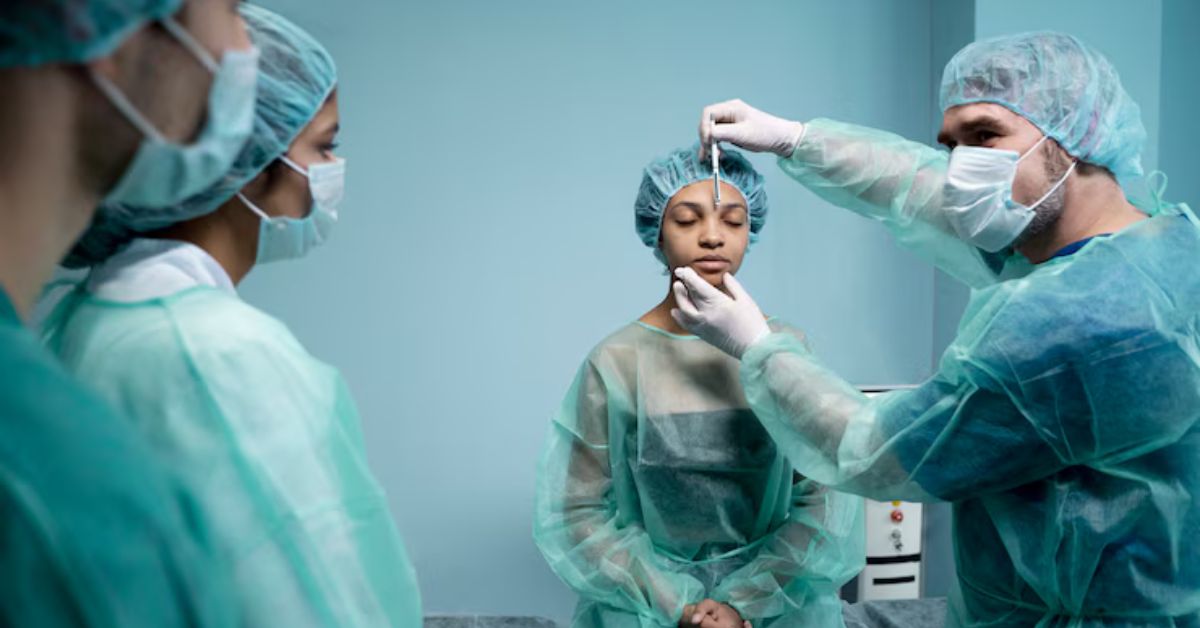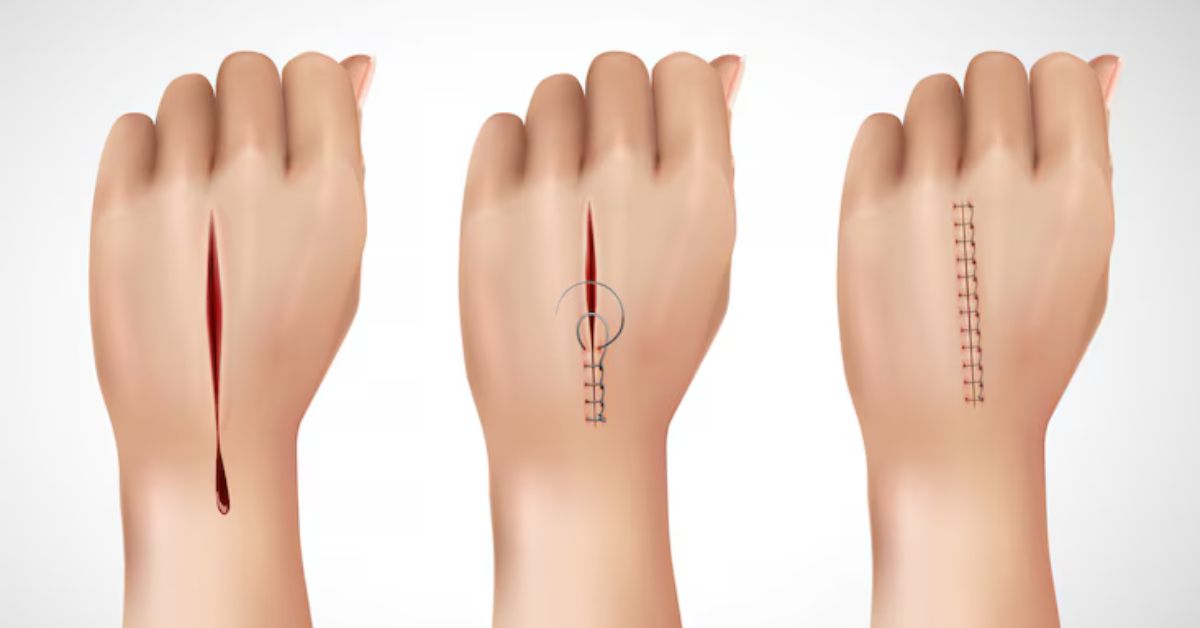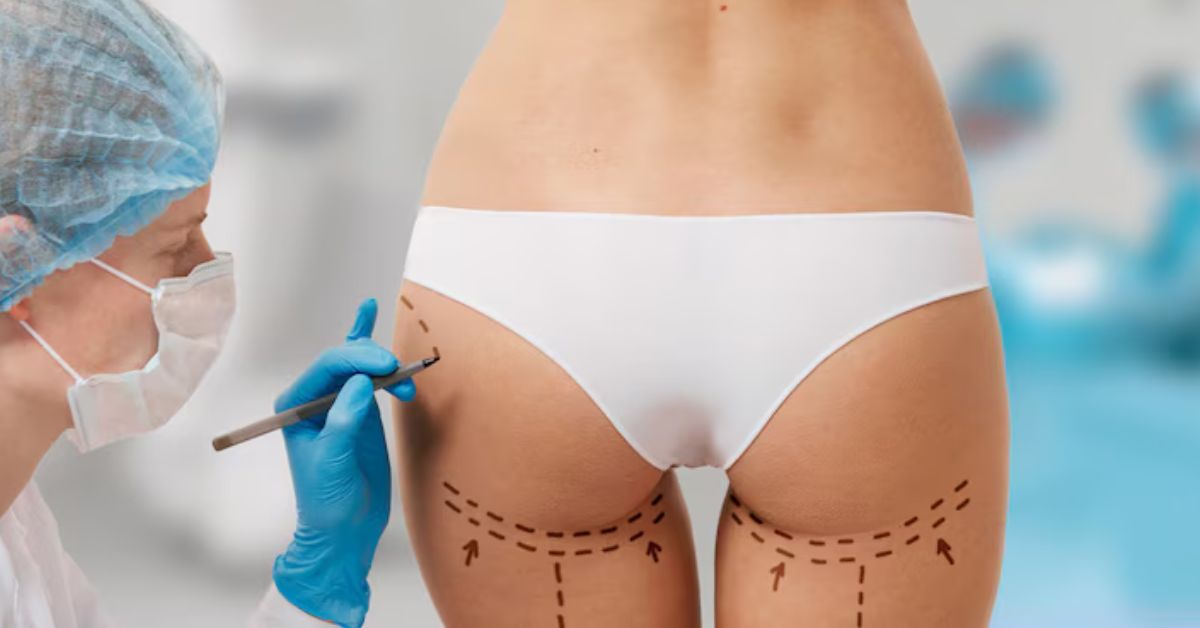Treating Congenital Hand Disorders: Expert Care Guide
Congenital hand disorders are conditions that affect the hand from birth, and their impact can range from mild to severe. These conditions can affect the functionality and appearance of the hand, but there’s good news: modern surgical techniques can help restore both. If you’re dealing with a congenital hand disorder, it’s essential to consult a hand congenital surgery specialist in Indore. In this article, we’ll explore the importance of seeking expert care and how advanced treatments can significantly improve your hand’s function and look.
What Are Congenital Hand Disorders?
Congenital hand disorders are conditions present from birth, where the hand’s structure—including bones, joints, or soft tissues—develops differently. Some common congenital hand conditions include:
- Brachydactyly (short fingers)
- Syndactyly (fused fingers)
- Polydactyly (extra fingers)
These conditions can vary greatly in severity, and in some cases, they may impact a person’s ability to perform everyday tasks or cause both physical and emotional challenges. However, surgery, especially when performed by a skilled hand congenital surgery specialist, can effectively correct many of these disorders and help improve hand function and appearance.
The Role of a Hand Congenital Surgery Specialist
A hand congenital surgery specialist is a doctor with specialized training and experience in treating congenital hand problems. These surgeons focus on both the function and aesthetics of the hand, ensuring that patients can restore hand movement and achieve a more balanced, natural look. They take a personalized approach, assessing the patient’s overall health, age, and specific needs to create a treatment plan that’s right for them.
Common Surgical Treatments for Congenital Hand Disorders
The type of surgery recommended will depend on the specific congenital disorder and its severity. Here are some common procedures:
- Polydactyly (extra fingers): Surgery to remove the extra finger(s) and align the remaining digits.
- Syndactyly (fused fingers): Surgery to separate the fused fingers and reconstruct the tissues.
- Brachydactyly (short fingers): Surgery to lengthen or straighten the fingers, improving both their function and appearance.
A hand congenital surgery specialist may use various surgical techniques, especially for more complex cases, to achieve the best possible outcomes—both functionally and aesthetically.
What to Expect After Surgery: Recovery and Rehabilitation
Recovery from congenital hand surgery typically takes time, and it’s important to follow the surgeon’s post-operative care instructions. After surgery, the patient may need to wear a bandage or splint to protect the hand while it heals. In many cases, physical therapy is recommended to restore strength and improve the range of motion. While recovery times vary depending on the complexity of the surgery, most patients can expect to see noticeable improvements in both hand function and appearance within a few months.
Why You Should Consult a Hand Congenital Surgery Specialist in Indore
If you or a loved one is dealing with a congenital hand disorder, consulting a hand congenital surgery specialist in Indore is crucial. These experts have a deep understanding of the hand’s anatomy and the surgical techniques needed to address various congenital issues effectively. By working with a specialist, you can ensure you receive the best treatment and achieve the best possible results. Whether you’re looking to restore hand function, improve appearance, or both, an experienced hand surgeon will guide you toward a successful outcome.
Congenital hand disorders, even if present from birth, can be treated successfully with modern surgical techniques. By consulting a professional hand congenital surgery specialist in Indore, individuals can benefit from cutting-edge treatments that improve both the function and appearance of the hand. Whether you’re seeking to restore your hand’s function, enhance its appearance, or both, visiting a skilled hand surgeon is the first step toward a more confident and natural hand. Don’t wait—seek expert care today to help improve your quality of life.






